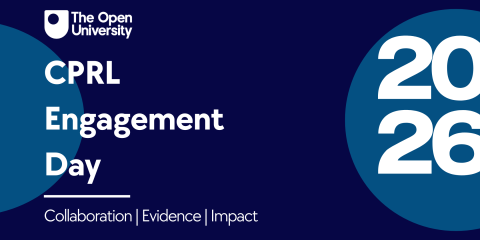4.11 Navigating maternity journeys: Collaboratively investigating challenges and identifying barriers for women of colour in UK police forces
Academic team: Dr Keely Duddin (CPRL, OU)
Policing partners: Thames Valley Police, British Transport Police, Women of Colour in Policing, National Black Police Association
Status: In progress
Despite efforts to diversify police forces, the historical masculine culture in policing continues to create disparities affecting women, especially during maternity. Research shows that women in policing face reduced opportunities, bias, undervaluation, and insufficient mental health support. Black, Asian and Ethnic minority women encounter even greater challenges, including heightened risks of severe perinatal mental health issues and discrimination upon return to work.
This research aims to address these issues by exploring the maternity journeys of women of colour in UK police forces. The study will assess the intersectional challenges faced during pregnancy, maternity leave, and the return to work, examining systemic vulnerabilities and support inadequacies. Using a qualitative approach, the project will conduct interviews with women of colour in three groups: those currently on maternity leave, those who have returned to work, and those who have left policing post-maternity. A photo elicitation technique will enrich these interviews, capturing personal experiences visually and verbally. To support and amplify the voices of these women, the plan is to then put together an exhibition of the photographs and stories in a knowledge exchange workshop event. This exhibition will vividly represent their lived experiences, fostering a deeper understanding and appreciation of their challenges and resilience. The exhibition will also provide a platform for stakeholders, including police forces, EDI groups, HR professionals, and charities to engage with the findings and collaboratively discuss strategies for improvement.
News
What does the next decade of evidence-based policing look like? Join us for the CPRL Engagement Day on 21 January 2026
This event provides a collaborative and welcoming environment for shared practice, reflection, and strategic direction-setting. Together, we will explore how our partnership can drive forward the next generation of research, innovation, and professional learning across UK policing.
